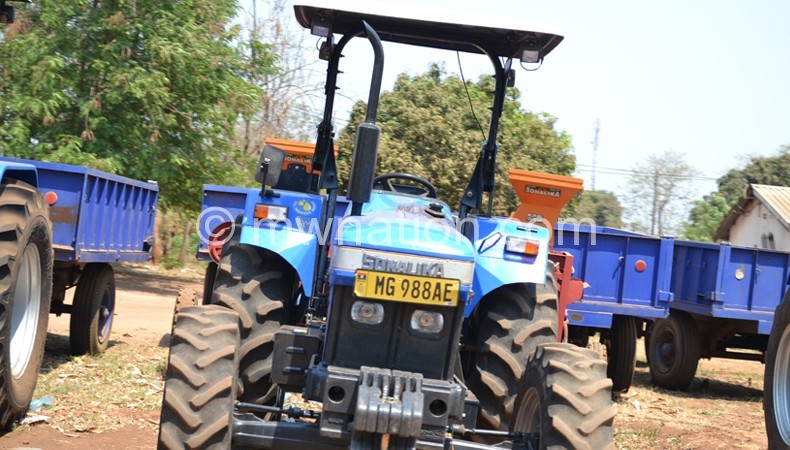World Bank warns against wastage
As Malawi exits a two-year-period of economic and humanitarian stress, it is important that appropriate lessons are learned—both to build a sustained economic recovery, and to improve resilience against future shocks, the World Bank has said.
In its Malawi Economic Monitor paper titled Harnessing the Urban Economy, the bank notes that the two years of drought conditions have exacerbated pressures on an already weak economy and as a result, the country’s economy has become stuck in a vicious cycle characterised by large fiscal deficits, excessive borrowing, and high inflation and interest rates.

The latest economic analysis for the country has pointed out that Malawi will only record significantly improved medium-term economic performance if it develops higher levels of resilience to both internal and external shocks.
“It is likely that Malawi will continue to face recurring weather shocks into the future, so it is essential for it to develop the systems and mechanisms required to manage these shocks effectively. To build resilience, the World Bank says it is critical that policy makers implement policy and institutional reforms to eliminate the policy-induced distortions that exacerbate agricultural and climate vulnerability.
“They should also implement measures to improve macroeconomic governance to increase fiscal buffers and to restore the confidence of development partners. Finally, investments are required to develop the resilience of the agricultural sector in the long term,” reads the report in part.
The paper further points out that Malawi’s prospects for sustaining a growth recovery are also dependent on deepening of reform efforts and avoiding a repetition of past mistakes.
To this end, the World Bank suggests that government should implement measures to increase fiscal buffers to enable the budget to withstand the impact of external shocks, possibly including the adoption of fiscal rules.
The bank also calls for investments to build resilience to mitigate against climate-induced weather shocks and to diversify Malawi’s economy.
Minister of Finance Economic Planning and Development Goodall Gondwe in the 2017/18 Budget Statement said it is encouraging that the view of an improving economy and a measure of success in the public finance management reforms is shared by the international community.
However, Gondwe admitted that the country still has a lot to do to perfect economic management saying the economy still requires careful handling as financial resources are still scarce.
“In the circumstances a careless use of resources can easily reverse the rebound. I also admit that we yet have a lot to do to adopt basic sound fiscal management practices needed to routinise bank reconciliations,” he said.





